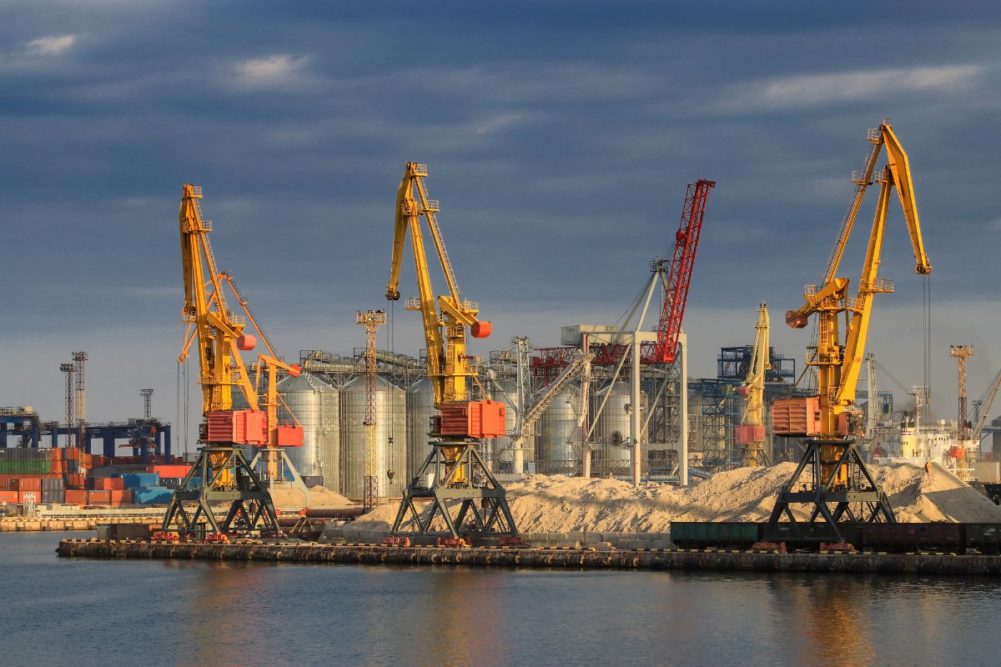NEW YORK CITY, NEW YORK, US — United Nations Secretary-General António Guterres said he sent a letter to Russian Foreign Minister Sergie Lavrov with “concrete proposals” for reviving the Black Sea Grain Initiative and allowing the safe export of Ukrainian grain.
Russia opted out of the Black Sea deal in July, a year after it was brokered by the UN and Turkey, complaining that its own food and fertilizer exports faced obstacles and that not enough Ukrainian grain was going to countries in need. Russia has since regularly bombed port and grain infrastructure while Ukraine has been looking for alternatives to move its grain for export, including the Danube River.
During an Aug. 31 press briefing, Guterres said the proposal creates conditions for the deal’s renewal while providing solutions for Russia’s concerns about its own exports. He did not elaborate on the contents of the proposal in the letter. With no immediate end to the war in sight, he said it was important to mitigate its global impact.
“I believe that working seriously, we can have a positive solution for everybody, for the Ukraine, for the Russian Federation,” Guterres said. “But more important than everything else, for the world in a moment in which so many countries are facing enormous difficulties in relation to guarantee the food security of their populations.”
Guterres’ letter comes ahead of an expected meeting Sept. 4 between Russian President Vladimir Putin and his Turkish counterpart Tayyip Erdogan to discuss the grain deal’s potential renewal. Kremlin spokesman Dmitry Peskov said Putin and Erdogan would meet in Russia’s Black Sea resort of Sochi.
Lavrov said Guterres’ offer didn’t satisfy Moscow’s demands, and he has given the Turkish government a list of actions that the West would have for Russia to agree to rejoin the Black Sea deal, the Associated Press reported.
The initiative had allowed for the safe passage of 33 million tonnes of grain after Russia’s February 2022 invasion of Ukraine had brought exports to a halt and spiked global food prices. The end of the initiative has increased food insecurity concerns, especially in the developing world. Ukraine has been among the world’s top suppliers of wheat, corn and sunflower oil in recent years, while Russia is a top supplier of wheat and fertilizer.
“I believe we presented a proposal that could be the basis for a renewal, but a renewal that must be stable,” Guterres said. “We cannot have a Black Sea Initiative that moves from crisis to crisis, from suspension to suspension. We need to have something that works and that works to the benefit of everybody.”




